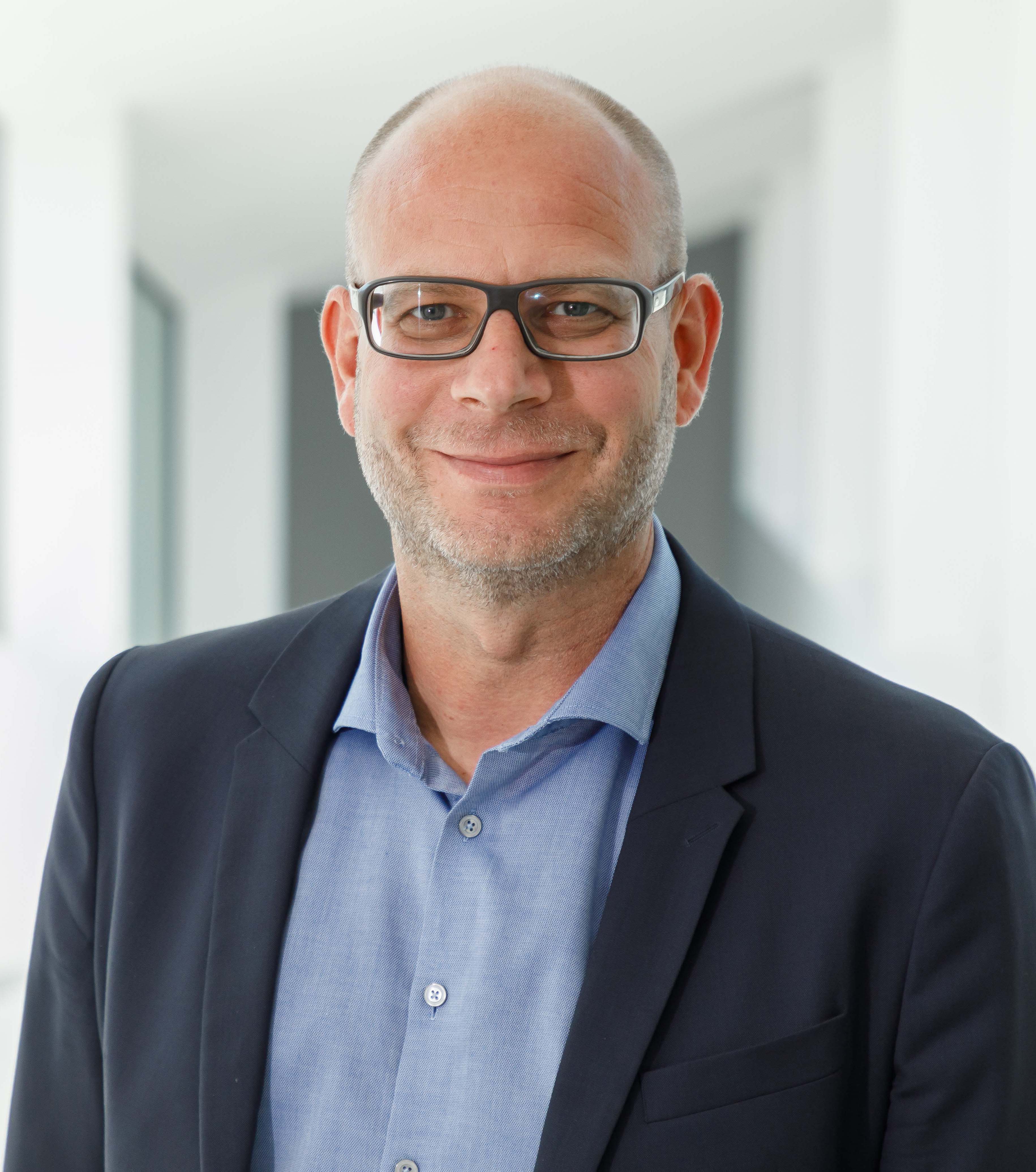‘We value our people’
Gerhard, since when have ALPLA been training apprentices and how have the topics developed since the beginning?
Gerhard: Dual training at ALPLA began in 1960 and has been continuously expanded. First in Vorarlberg, then in the rest of Austria as well as in Germany, Mexico, China, India and Poland. As of September 2022, 271 apprentices are being trained at ALPLA worldwide, which is the highest number in the company’s history. In spring 2023, we will also start training apprentices in South Africa for the first time. All this underlines the high value placed on apprenticeships at ALPLA and counteracts the current shortage of skilled workers. This has been a global problem for some years now, particularly in technical professions. At ALPLA, we want to counteract this trend by further expanding apprenticeship training in the future, for example in the USA. Our strategic goal is to be training 400 apprentices worldwide by 2026 and 500 by 2030.


